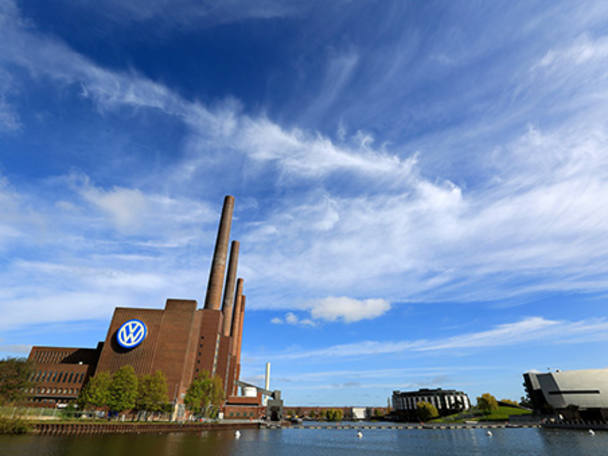Signs of recovering demand from China and steady growth in Europe were expected to revitalise depressed sentiment in cyclical car markets. However, overshadowing a recent burst of upbeat first-quarter updates from the world's biggest names was a global probe that's thrown into question the validity of emission test procedures. While improved trading prospects are encouraging, this has now taken a back seat to the realisation that allegations and evidence of cheating regulatory requirements are more than capable of obliterating valuations.
Results from tests introduced following last year's Volkswagen (DE:VOW3) scandal have now emerged showing that some of the biggest selling cars emit much more nitrogen oxide when tested outside of laboratories. Embarrassed governments were quick to respond to worryingly high signs of pollution levels and potential breaches of regulation by launching a series of individual investigations into some of the world's most respected manufacturers.
One of the earliest victims was PSA Peugeot Citroën (FR:UG). Shares in Europe's third-largest carmaker by sales fell 10 per cent after word spread that investigators had raided its offices, only to recover once the French government confirmed that no evidence was found linking it to the practices of its shamed German peer.
This draconian reaction to a false alarm seems less unreasonable when considering what was going on at roughly the same time in nearby Wolfsburg. There, Volkswagen's woes continued as it bowed to pressure urging it to buy back about 500,000 faulty cars in North America. Analysts reckon this process will cost the company $10bn (£6.9bn), which represents a large chunk of the recently hiked $16.2bn of provisions identified as necessary to fix its wrongs. With pressure mounting for the German giant to offer the same courtesy to European customers, it's only fair to wonder whether this amount will cut it.
A reminder of Volkswagen's travails is unlikely to calm investors' fears about the rest of the sector. Shareholders in Daimler (DE:DAIX.N) in particular may be squirming after the US Department of Justice, which was responsible for giving VW such a hard time, ordered it to open an investigation into its own testing procedures. The maker of Mercedes-Benz cars has maintained its innocence, and agreed to recall 247,000 vehicles to prove it.
General Motors' (US:GM) Opel unit also agreed to take back a similar number of vehicles believed to have been fitted with technology responsible for switching off emissions treatment systems at certain temperatures. This kit is designed to protect engines from overheating, although some fear it could be used illegally for other reasons.
While Daimler and General Motors are yet to be found guilty of any wrongdoing, confidence in Mitsubishi Motors (JP:7211) appears to be unravelling by the second. Shares in the Japanese carmaker plummeted last week after US authorities requested information about its engines. And they have since proceeded to fall even harder, following the revelation of some rather worrying admissions.
Fresh from admitting manipulating CO2 examinations on 625,000 cars, it then went on to confirm that fuel economy tests on its vehicles have been flawed since 1991. This bombshell from such a big global player is likely to fuel speculation that others in the industry are withholding similarly dark secrets.








